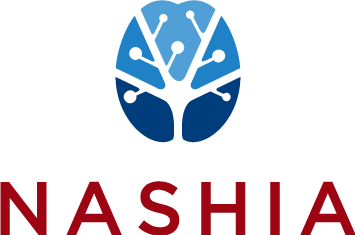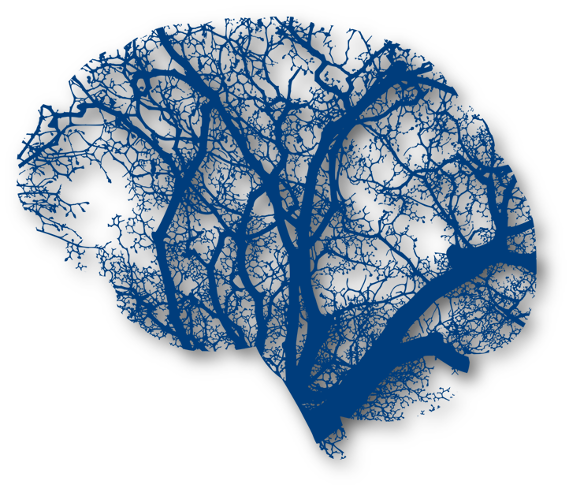Tools for Your Trade: Brain Injury and Behavioral Health
Brain injury and related behavior challenges can have dramatic, lifelong impact on employment, family dynamics and quality of life. There is evidence to suggest that individuals with co-occurring behavioral health conditions often have poorer outcomes following injury than those who do not. Not only does brain injury cause behavioral health problems, but associated deficits can also affect the effectiveness of behavioral health treatments. Identifying and supporting those with brain injury can lead to more successful outcomes. The access and provision of customized mental health and substance use strategies is vital.
Learn about two new customized tools to guide behavioral health and community providers in supporting better outcomes for individuals with brain injury and behavioral health needs. Dr. Carolyn Lemsky, Clinical Director for the Community Head Injury Services of Toronto (CHIRS), will conduct an overview of the tools and how to utilize them in your program:
Traumatic Brain Injury and Substance Use Disorders: Making the Connections
Substance Use and Brain Injury Client Workbook: Second Edition
Free to View
Supporting Materials:
Traumatic Brain Injury and Substance Use Disorder Toolkit
About the Presenter:
Dr. Carolyn Lemsky, PhD, CPsych, ABPP/ABCN, is the Clinical Director at Community Head Injury Resource Services of Toronto. She is also the director of the Substance Use and Brain Injury (SUBI) Bridging Project, a research and knowledge transfer initiative funded by the Ontario Neurotrauma Foundation. SUBI training and clinical materials have been used internationally to prepare addictions and mental health workers to accommodate the needs of people living with acquired brain injury. She has provided training and consultation across the US and Canada.


